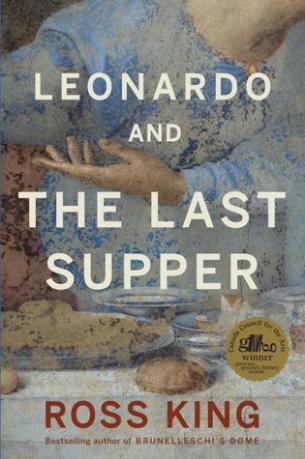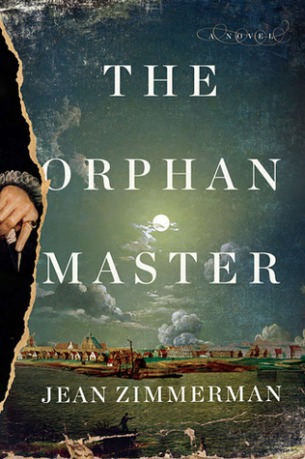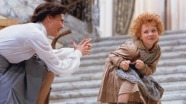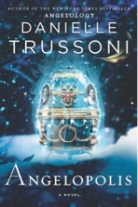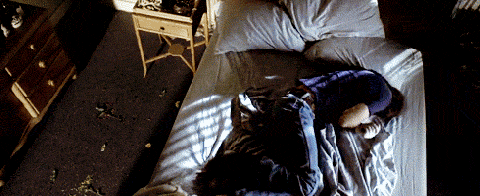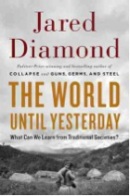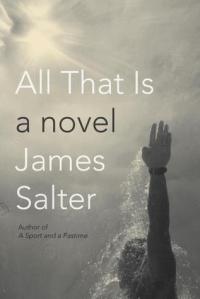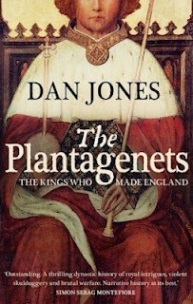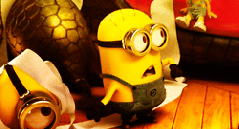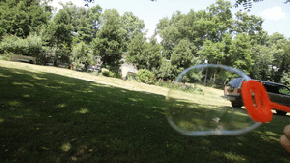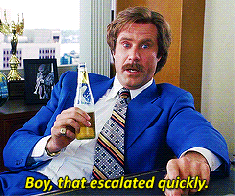Referring to The Golem & The Jinni by Helen Wecker:
One of the most meaningful parts of the book involved a very minor episode with a completely minor character. Sophia Winston is this belle of the ball, a heiress who doesn’t look forward to the fact that she’s going to basically get married, bear children, take up a cause—“Temperance or Poverty or Education,” something socially acceptable—and eventually raisin up into the social spinster at the head of the table. To escape this, she reads.
Sounds a little uncomfortably familiar to me.
So—some spoilers be here—she gets involved with the whole mess of the jinni (Ahmad) & the golem (Chava) & their whole crazy crew (etc).
& at the end there’s this moment where she’s like—screw it, my reputation is shot anyway, I think that I will go and do what I always wanted. I’m going to break off my engagement to this boring, appropriate young man & go travel the world—see Istanbul, Africa, Rome, and the Amazon. Forget reading travel books. I’m going to travel.
This moment—her heart lightens, all of a sudden the weight of all these expectations are off as she decides to make the leap—that was the most precious moment to me in this wonderful book. There were many precious moments—there were many interesting thoughts & laughs about being, about responsibility, about living—but Sophia Winston’s decision to abandon society’s expectations and live her life in a crazy & adventurous, fearless way? That touched my heart.
It’s not anything new, particularly; it’s a theme or thought or idea in many different books, movies, comics, etc. But Sophia Winston? She hit me pretty hard.

